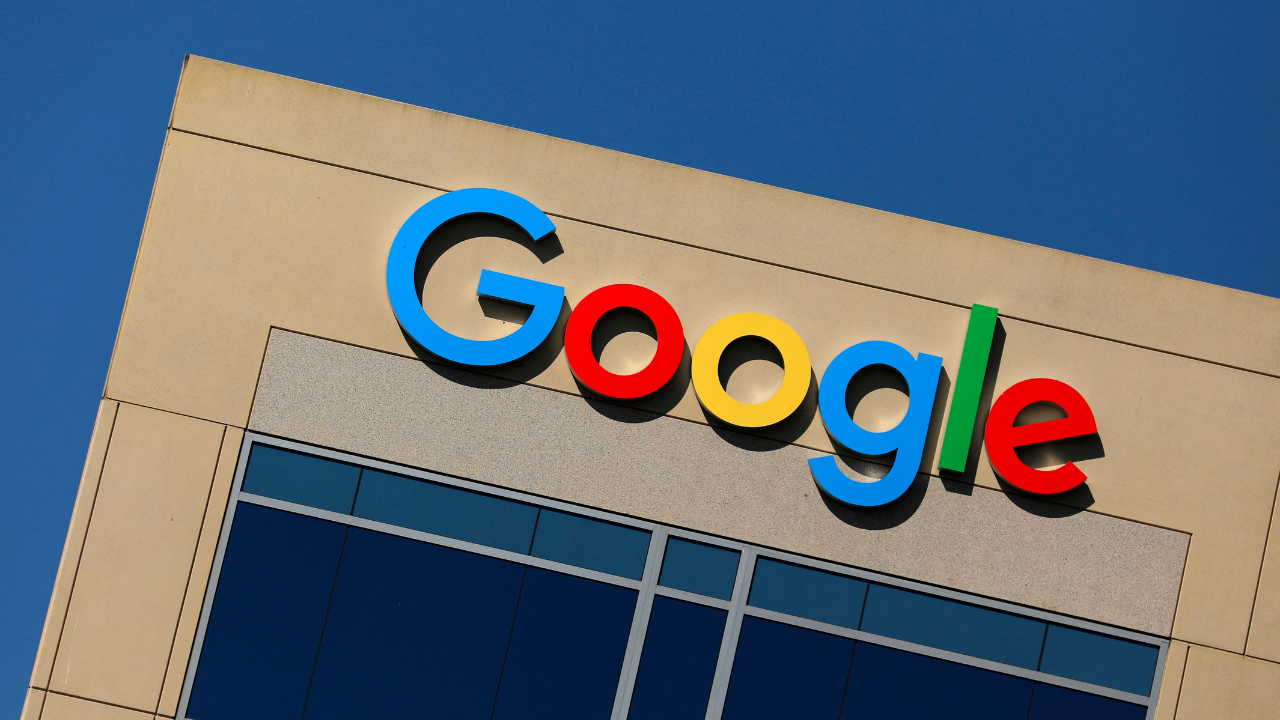Google is reportedly introducing its mobile phone messaging system RCS as a rival to WhatsAppmessaging platform in the Rs 2500 crore enterprise market in the country. The aim is said to be potentially disrupting WhatsApp’s stronghold among enterprises for customer communication. The company is said to have support of India’s three biggest telecom service providers — Airtel, Reliance Jio and Vodafone-Idea for the same. Here’s a go-to guide on how Google’s Android messaging system RCS differs from WhatsApp
Technology and infrastructure
RCS is a protocol that enhances traditional SMS messaging by providing features like read receipts, typing indicators, and multimedia sharing. It operates over mobile networks and relies on carrier support.
WhatsApp, on the other hand, is an over-the-top (OTT) messaging platform. It uses the internet to transmit messages, allowing users to communicate globally without relying on carrier infrastructure.
Reach and compatibility
RCS requires support from both the sender’s and receiver’s carriers. It may not work seamlessly across all devices and networks.
WhatsApp is widely accessible across platforms (Android, iOS, web) and doesn’t depend on carrier-specific implementations.
Features
RCS offers features similar to WhatsApp, such as group chats, high-resolution media sharing, and read receipts.
WhatsApp provides end-to-end encryption, voice and video calls, disappearing messages, and a web/desktop version.
Cost and revenue model
RCS is priced higher than traditional SMS but significantly lower than WhatsApp. Telecom operators can earn revenue through RCS adoption.
WhatsApp charges nothing for individual use but has a business API for enterprises, which comes at a cost.
Security and privacy
RCS lacks end-to-end encryption by default, which means messages can be intercepted.
WhatsApp boasts strong end-to-end encryption, ensuring privacy for users.
User base
RCS adoption faces challenges due to feature phone users and iPhone limitations.
WhatsApp has a massive global user base and is deeply entrenched in daily communication.
Technology and infrastructure
RCS is a protocol that enhances traditional SMS messaging by providing features like read receipts, typing indicators, and multimedia sharing. It operates over mobile networks and relies on carrier support.
WhatsApp, on the other hand, is an over-the-top (OTT) messaging platform. It uses the internet to transmit messages, allowing users to communicate globally without relying on carrier infrastructure.
Reach and compatibility
RCS requires support from both the sender’s and receiver’s carriers. It may not work seamlessly across all devices and networks.
WhatsApp is widely accessible across platforms (Android, iOS, web) and doesn’t depend on carrier-specific implementations.
Features
RCS offers features similar to WhatsApp, such as group chats, high-resolution media sharing, and read receipts.
WhatsApp provides end-to-end encryption, voice and video calls, disappearing messages, and a web/desktop version.
Cost and revenue model
RCS is priced higher than traditional SMS but significantly lower than WhatsApp. Telecom operators can earn revenue through RCS adoption.
WhatsApp charges nothing for individual use but has a business API for enterprises, which comes at a cost.
Security and privacy
RCS lacks end-to-end encryption by default, which means messages can be intercepted.
WhatsApp boasts strong end-to-end encryption, ensuring privacy for users.
User base
RCS adoption faces challenges due to feature phone users and iPhone limitations.
WhatsApp has a massive global user base and is deeply entrenched in daily communication.
Denial of responsibility! Swift Telecast is an automatic aggregator of the all world’s media. In each content, the hyperlink to the primary source is specified. All trademarks belong to their rightful owners, all materials to their authors. If you are the owner of the content and do not want us to publish your materials, please contact us by email – swifttelecast.com. The content will be deleted within 24 hours.


